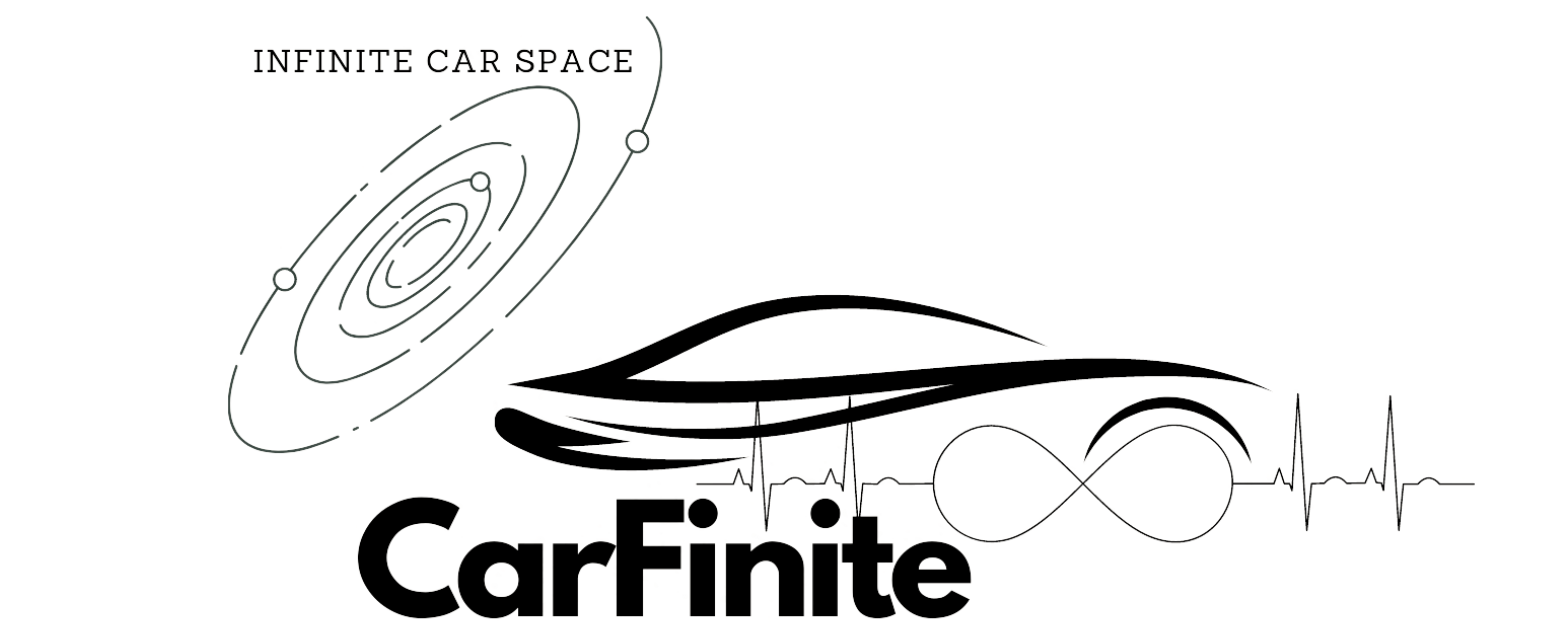Ford Mustang owners may encounter a creaking or popping noise emanating from the front suspension when turning the steering wheel at low speeds. This noise is particularly noticeable during parking maneuvers or tight turns below 15 mph.
Problem Explanation
The Ford Mustang has been known to make a creaking or popping noise from the front suspension when turning the steering wheel at low speeds. This noise is most noticeable when pulling in or out of parking spaces or making tight turns at speeds below 15 mph.
The noise indicates a problem in the front suspension system. Potential causes include dry suspension bushings, worn ball joints or tie rod ends, a loose steering intermediate shaft, or problems with the power steering system. Identifying the exact cause requires methodically testing each component.
Diagnostic Procedures
Pinpointing the cause of the creaking or popping noise requires a systematic approach to testing front suspension and steering components.
Follow these diagnostic steps:
- Visually inspect the front tires and wheels for abnormal wear or debris buildup first. Eliminate tire or rim issues as potential noise culprits.
- Inspect the engine bay and undercarriage for signs of front suspension damage or obvious loose components causing potential noise.
- Check power steering fluid level and condition in the reservoir. Note any low, dirty or foamy fluid requiring system service.
- Raise the front of the vehicle on safety jack stands per manufacturer procedures to access components.
- Check ball joints, tie rod ends, pitman arm and all bushing connections for tightness by trying to wiggle the wheels, tires and suspension components. Tighten or replace any loose parts.
- Carefully inspect boots, seals and grease leaks on ball joints, tie rods and steering linkage indicating wear. Replace any deteriorated components.
- Shake the intermediate steering shaft while having an assistant turn the wheel to check for internal damage. Ensure connections are tight.
- Lower vehicle safely back to the ground when complete. Test drive and have assistant listen outside the car for noise while turning left and right to verify repair or continue diagnosis. Repeat until issue is resolved.
Use a standard mechanics tool set, flashlight and mechanics stethoscope when making checks. Refer to Ford service manual for your Mustang year and model for torque specs and permissible component wear before condemning parts. Follow all safety procedures.
Repair Solutions
If worn suspension joints, bushings, or mounts are found to be the culprit behind the creaking and popping noises, they will need replacement to permanently solve the problem.
Ball joints and tie rods can be swapped out after detaching their mounting bolts and properly torqueing the new parts. Control arms, struts, and sway bars with defective bushings can either have their rubber grommets pressed out and replaced, or have the entire control arm replaced for convenience. This will require wheel removal, suspension disassembly, and bushing/component pressing tools.
Independent repair shops or dealerships typically charge $150-$350 per link/mount needing repairs – so $600-$1400 if replacing an entire suspension corner with new control arm, struts, links. DIY fixes can cost $40-$150 per part avoiding labor fees.
Either way, addressing loose, worn parts restores proper suspension geometry, handling, and most importantly – silences annoying creaks and pops when turning the Mustang’s steering wheel.
Ford Mustang Model Years Potentially Impacted
The creaking and popping on turns has been reported in Ford Mustangs across generations, from the SN95 1994-2004 cars to the S197 2005-2014 models. However, it is most common in higher mileage examples over 100k-150k miles where suspension wear is more likely. The issue can happen in V6, GT, Bullitt, and Shelby GT350 variants – any Mustang over time essentially. So while not model specific per se, it does correlate to age, mileage, and service history.
Vehicle Components Potentially Affected
The creaking or popping noise from the front suspension when turning indicates wear, looseness or damage in one or more key steering and suspension components. Leaving the underlying issue unresolved risks further mechanical deterioration and subsequent failure of these critical vehicle parts over time:
- Ball Joint Assemblies – Worn ball joints can allow play at the wheel hubs leading to noise and loose handling. Their eventual failure disables steering control.
- Tie Rods and Drag Links – Faulty tie rod ends or loose jam nuts introduce play allowing noise and reduce steering precision. Severe wear leads to loss of wheel control.
- Idler Arms and Pitman Arms – Damaged or loose steering linkage arms can trigger noise and reduce responsiveness. Failure disables steering capability.
- Power Steering System – Leaks, insufficient fluid level or pump damage can introduce noise, reduced assist and lead to complete loss of power assist.
- Control Arms and Strut Mounts – Worn suspension bushings in these components can set the stage for noise and loose handling. Eventual failure impacts ride, handling and component life.
Early diagnosis and repair of the specific culprit component(s) causing noise prevents accelerated wear of these interconnected steering and suspension systems. Following factory recommended service intervals is essential.
Cost of repairing
As outlined previously, repair costs are:
- Independent Shop Labor Rates – $150-$350 per corner/area needing repair
- Dealer Labor Rates – $200-$500 per area based on parts needed
- DIY Parts Costs – $40-$150 per new suspension joint or bushing
So expect a minimum of $150 for something simple like a new tie rod end, ranging up to $2000 if replacing multiple control arms, shocks, links at a dealer. Most repairs stay around the $600 mark if replacing a ball joint/bushing/mount set on one corner. Saving on labor with DIY and buying OEM-quality aftermarket parts brings average costs down.

John Smith, a Los Angeles-based car specialist and automotive writer, boasts over 20 years in the industry. With a background as a master technician and a decade-long writing stint at notable automotive publications, John now shares his expansive knowledge on CarFinite, simplifying car maintenance for readers.

